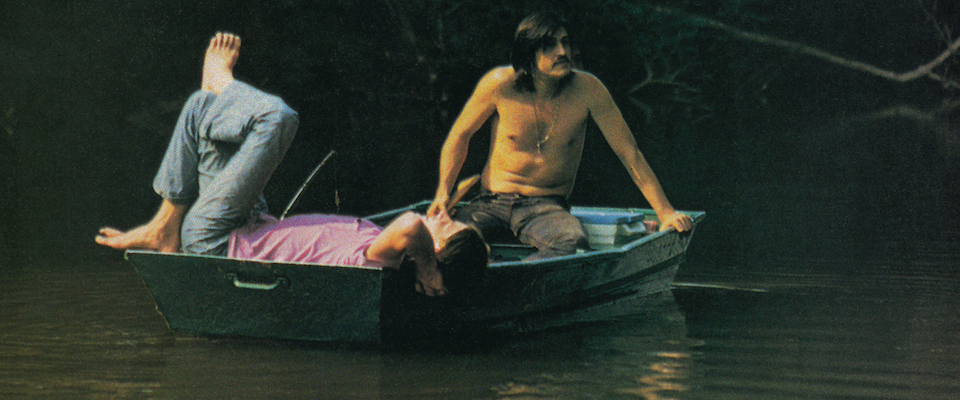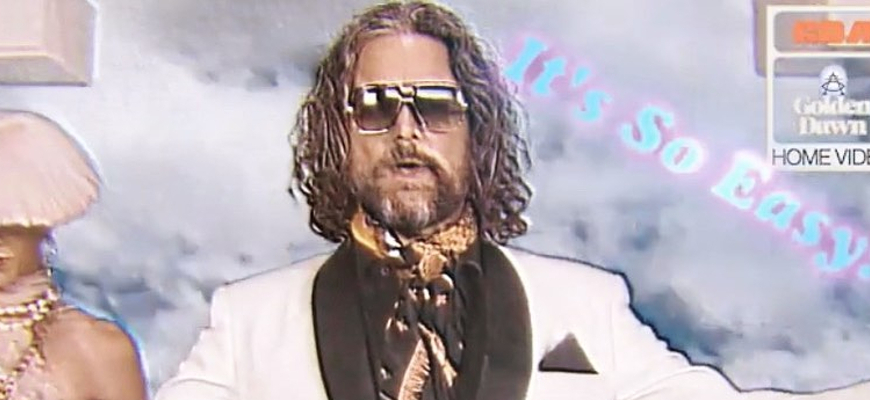25 miles west of Nashville sits Kingston Springs, a tiny town born in the 1830s around mineral springs that bubbled up from the Harpeth River Valley. Like a lot of rural Southern towns, not a lot has changed, but for a brief moment in the early 1970s, Kingston Springs found itself at the center of the country music world. A wild songwriter named Vince Matthews moved there in the late ’60s with his wife Melva, and the pair dragged the conservative town into the outlaw zeitgeist by hosting drug-fueled, long-haired parties. But the Springs community grew to accept them. Despite his rebellious spirit, Matthews’ natural charm and affinity for country music helped bridge the cultural gap.
Soon Nashville’s insurgency came calling. Johnny Cash, June Carter Cash, Kris Kristofferson, Shel Silverstein, and others did for Kingston Springs what Waylon Jennings, Willie Nelson, and Jerry Jeff Walker would soon do for Luckenbach. Fellow raconteur Jim Casey also linked up with Matthews, and the pair started an ambitious project: a country opera about Kingston Springs. As Nashville went big, Matthews and Casey went small, focusing on the interesting characters in their own town. At the same time, they envisioned not just an album but a film and elaborate live productions around the country.
The dream fell apart. Recorded in 1972, The Kingston Springs Suite sat on a shelf rather than turntables or the Billboard charts. Matthews and Casey consoled themselves with fleeting flickers of fame: there was a nervous performance by Matthews on The Johnny Cash Show; and Cash, Jennings, and–most recently–Father John Misty all covered Suite songs over the years. Delmore Recordings has rescued the album from oblivion with a recent reissue, featuring personal photographs and extensive liner notes.
Listening to the Suite more than forty years later, it’s amazing how of the time it sounds–the twang is cut with hazy, laid-back grooves that personify the outlaw country movement–while simultaneously sounding ahead of its time. Matthews and Casey mix in interviews with Kingston Springs citizens, making for an album that’s as important as a historic American document as it is as a work of art. Even with the grinning country harmonies, there’s a tinge of sadness as the record unspools. As Matthews wrote simply in Country Music magazine in 1975, “Anyway, the era passed. We moved out of our house. Melva and I separated. The factory moved in.”
But Matthews and Casey kept Kingston Springs from dying on the cultural vine. On “Bessie That’s A Lie,” they call foul on ambivalence. Almost a half-century has passed through Kingston Springs since then, but that world is born again anytime you hit play.
–Art Levy



